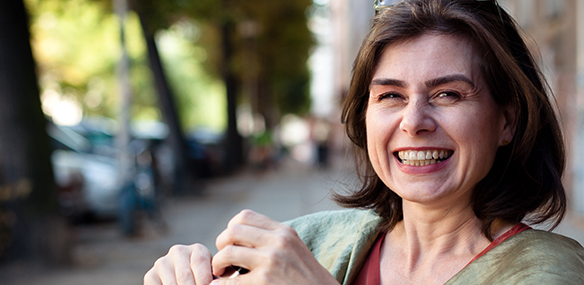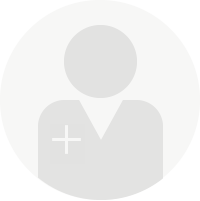The stresses of daily life can cause everyone to feel down now and then. But if those bad days are coming more often or becoming more severe, or they are causing serious disruption to your daily life, it is time to get some help.
Sutter care centers have experienced therapists, psychologists and psychiatrists who can assess and treat a wide range of behavioral health issues, including the most complex disorders. We provide comprehensive and compassionate care.

We can help you and your family members with many mental health issues including:
- Eating disorders
- Anxiety disorders
- Addiction (i.e. drugs, alcohol)
- Medication monitoring
If you’re having trouble coping with emotional events in your life, such as work or family problems, a child’s behavioral issues, the aftermath of a traumatic event or the loss of a loved one, experienced counselors and specialists can guide you through them.
There are many ways to access our mental health services. We offer individual and group counseling at many of our clinics. For those who need more complex care, our hospital-based programs, including partial hospitalization and intensive outpatient care, provide around-the-clock care by a specialized team.
Don’t wait until your mental health issues get worse or become disabling. Let us help you recover from behavioral health disorders, learn coping mechanisms and restore balance to your life.
















